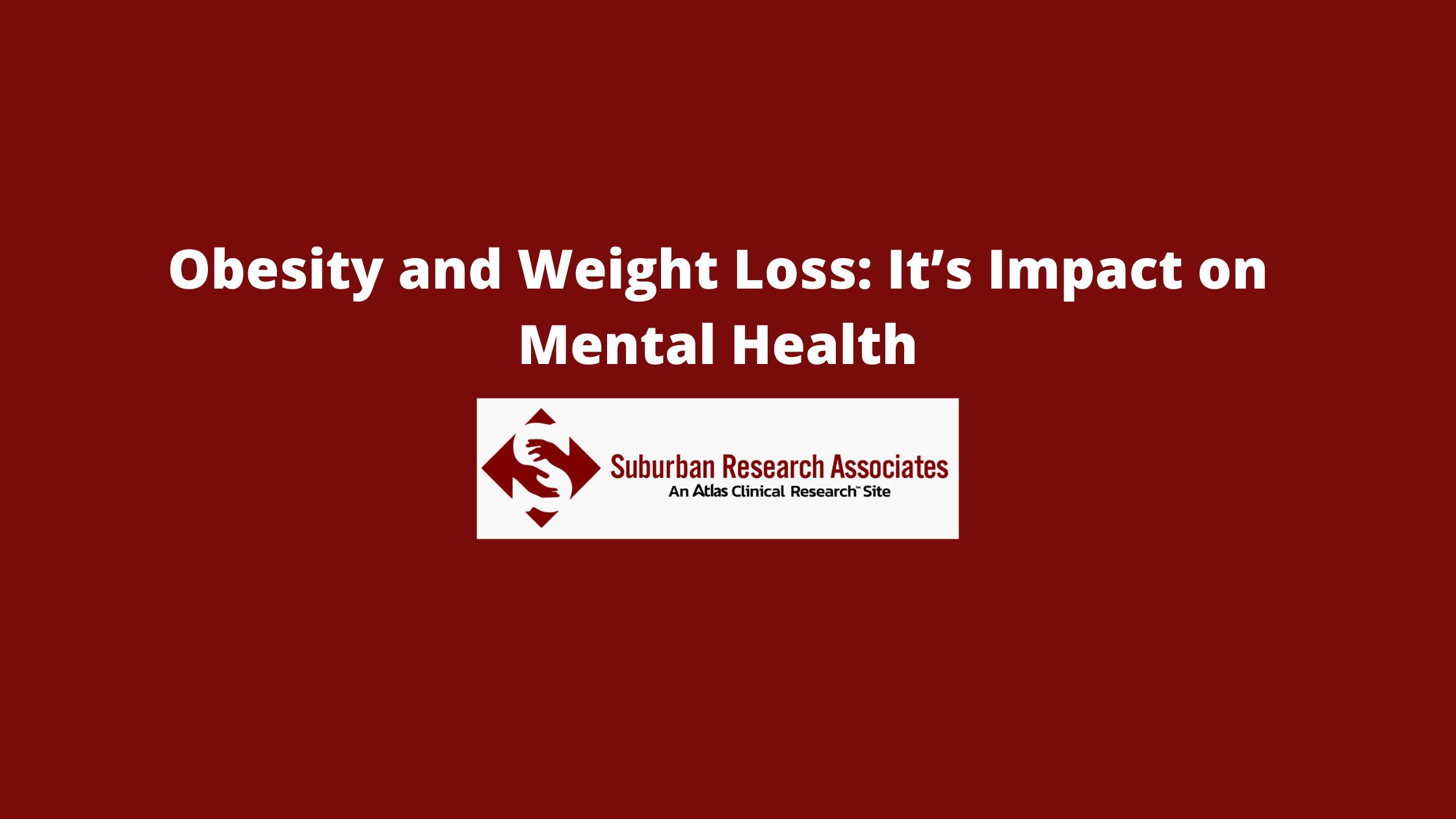Obesity and challenges with weight can not only be a physical health concern but also a mental health concern as well. In this blog post, we’ll unpack this more in-depth.
Where Does Mental Health Come In:
There are various ways in which mental health can be connected to obesity and weight loss.
One such way is that a lot of people may turn to food as a source of comfort and stability in times of stress or emotional struggles. For some, it’s a way of coping, especially if they have limited support or resources. However, the long-term impact can impact one’s physical and mental health in the long run.
In modern society, it’s no question that there’s a lot of judgement and self-comparison when it comes to body image, especially with the impact of social media. Given this, struggles with weight gain or obesity as well as being significantly underweight can take a toll on one’s self-confidence and self-esteem. This undoubtedly can impact overall mental health and emotional well-being sparking anxiety (generalized and social), and depression.
Mental Health Conditions Impacting Weight:
While weight concerns can directly impact mental health conditions, there are also some mental health conditions, commonly known as eating disorders, that can spark weight gain/obesity, or significant weight loss and the above-mentioned concerns. These conditions are often incredibly difficult for one to control without extensive care and treatment. They include:
-Binge Eating Disorder: This condition is one in which feels like they cannot control their eating and will often consume large amounts of food, and continue eating even after being full (Mayo Clinic, 2024).
-Anorexia Nervosa: Anorexia is a condition where one has an intense fear of gaining weight and will therefore significantly restrict food intake and engage in excessive exercise or weight loss initiatives (even if at a healthy weight or underweight) (Mayo Clinic, 2024).
-Bulimia Nervosa: This is a condition where individuals will consume excessively large amount of food in one sitting and induce vomiting. With this condition, the individual often feels as though they do not having control over their food intake but fears gaining weight and therefore, purges to avoid that (Mayo Clinic, 2024).
It’s also worth knowing that while eating disorders are among the most common mental health conditions known to impact obesity and weight loss, other mental health conditions such as anxiety and depression among others, can also consist of challenges with eating and exercise behavior as well.
Consider a Clinical Trial for Binge Eating Disorder:
At Suburban Research, we are actively seeking participants for our Binge Eating Disorder clinical trial. If you have been struggling with BED and are struggling to find effective treatment options, consult with your doctor about whether a research study might be right for you. If you’re interested in our study, apply here or call us at 610-891-7200 to learn more!
Resources:
To Learn more about BED, Anorexia, or Bulimia, visit the Mayo Clinic at the respective links to learn more.
The National Eating Disorder Association also has a wide range of resources available to anyone struggling with various eating disorders.




